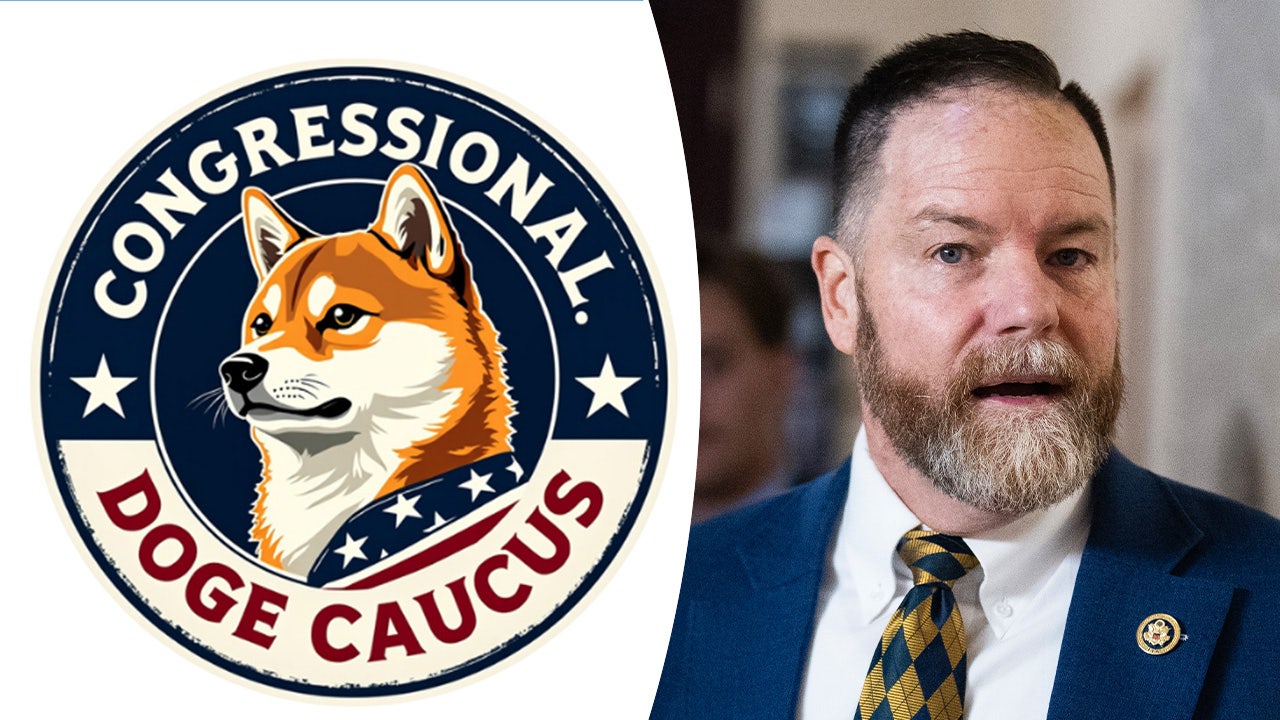President Biden rejected the idea that commanders in chief are immune from prosecution for “official acts” during his final Oval Office speech on Wednesday, an apparent parting shot at President-elect Donald Trump.
”We need to amend the Constitution to make clear that no president, no president, is immune from crimes that he or she commits while in office,” Biden said.
“The president’s power is not unlimited,” the 82-year-old outgoing commander in chief argued. “It’s not absolute, and it shouldn’t be.”
Last July, the Supreme Court ruled that presidents are afforded absolute immunity from prosecution for “official acts” undertaken as commander in chief.
The 6-3 ruling affirmed Trump’s contention that he was immune from prosecution on charges related to his alleged efforts to interfere in the certification of Biden’s 2020 election win.
Biden had previously slammed the conservative-majority ruling, warning that it “fundamentally changed” the concept that “no one is above the law” and “almost certainly means that there are virtually no limits on what a president can do.”
Chief Justice John Roberts stressed that despite the ruling the “president is not above the law,” and that “not everything the president does is official.”
“Like everyone else, the President is subject to prosecution in his unofficial capacity. But unlike anyone else, the President is a branch of government, and the Constitution vests in him sweeping powers and duties,” Roberts wrote in his opinion.
The Supreme Court ruling left it up to lower courts to decide what constitutes an “official act” by a sitting president.
Former special counsel Jack Smith – in an effort to keep his federal election interference case against Trump – argued in subsequent court filing that Trump engaged in a “private criminal effort” to cling to power after Biden’s 2020 win.
Smith, however, scrapped the case after Trump’s landslide victory over Vice President Kamala Harris in the 2024 presidential election, citing the Justice Department’s “view that the Constitution prohibits the continued indictment and prosecution of a president.”
In the aftermath of the 2024 election, Trump, 78, was also given a no-penalty sentence in his “hush money” case by a Manhattan judge — cementing his status as the first convicted felon to become president but freeing him of the threat of jail or fines as he readies to re-enter the White House.
Trump plans to appeal the Manhattan ruling now that he has been sentenced.
Adding an amendment to the Constitution limiting presidential immunity faces long odds.
It would first require a two-thirds majority in both chambers of Congress to propose the amendment to the states, and then three-fourths of all state legislatures would need to ratify it.
The 27th Amendment – the most recent add-on to the Constitution – was ratified in 1992 and prevents laws affecting the salaries of congressional lawmakers from taking effect until after the next election of representatives.














